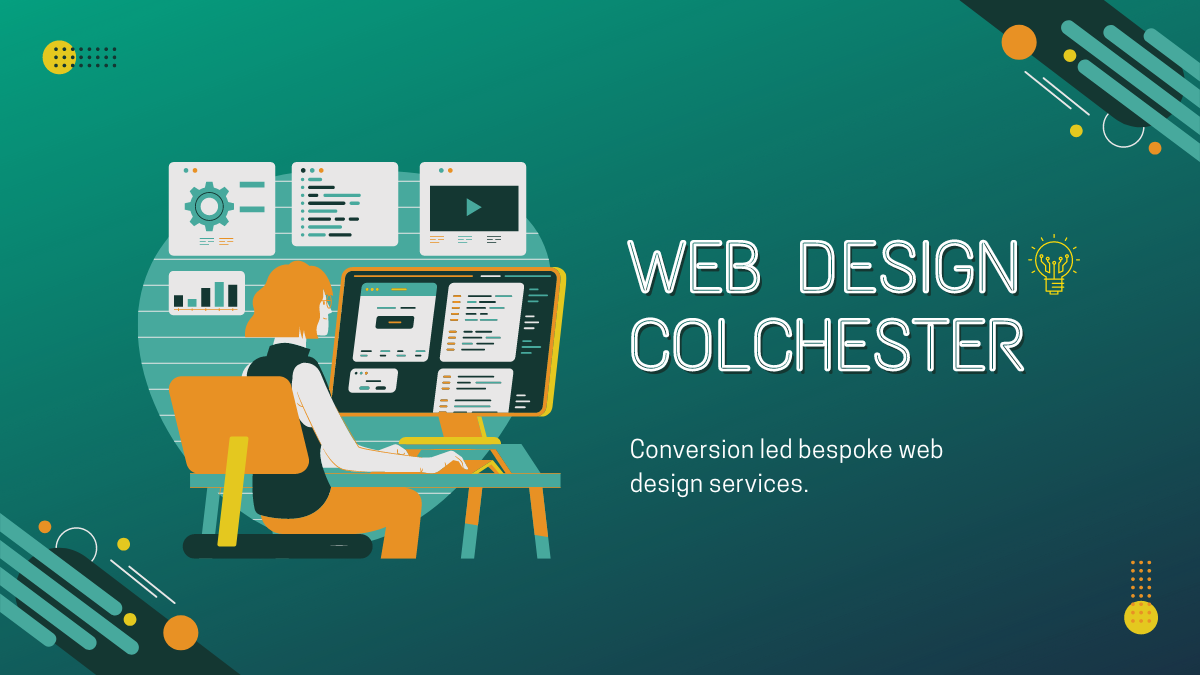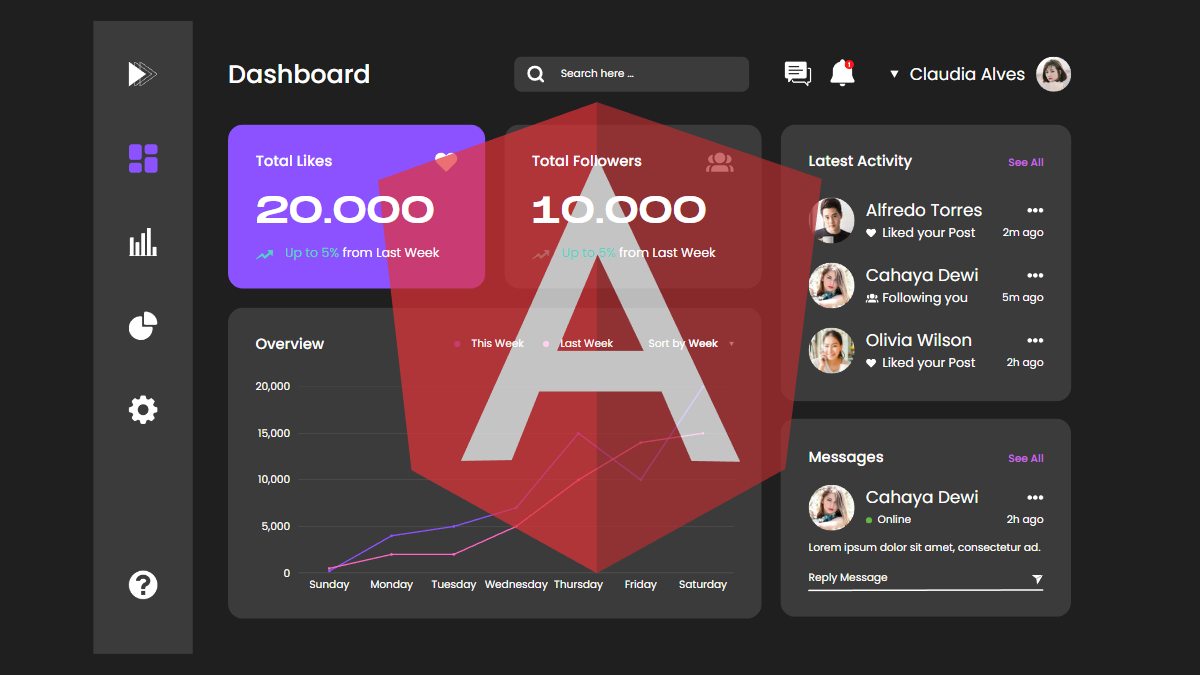Passion versus Price
TL;DR
In bespoke software development, prioritizing passion and expertise over price can result in higher-quality solutions that meet your business needs. Passionate developers adhere to best practices, ensure code quality, and maintain effective communication, leading to more reliable and maintainable software. They not only understand how to get something done, but they also understand the importance of doing it propertly. Striking the right balance between passion, experience and price, and carefully evaluating potential developers, will help you achieve a successful bespoke software project with much better long-term value. More often than not, the cheapest option is far from the best option.
In the world of bespoke software development, striking a balance between passion and experience comapred to price is a critical aspect of project success. Choosing the right software developer can make all the difference in creating custom solutions that not only meet business requirements but also stand the test of time. In this article, we'll explore the importance of prioritizing passion and expertise over price alone when selecting a developer for your custom software projects.
1. The Value of Passionate and Experienced Developers
Just ask any developer the difference between verification and validation. It's one of the first things any software engineer learns. The answer is Verification:Are we building the product right? and Validation: Are we building the right product? Passionate developers possess several key traits that set them apart from their less enthusiastic and knowledgeable counterparts. Their dedication to best practices, attention to detail, and unwavering commitment to excellence are essential factors in the development of high-quality software.
Adherence to best practices ensures that passionate developers are always up-to-date with the latest industry standards and technologies. This knowledge allows them to create robust, secure, and efficient software that is easily maintainable and scalable.
Attention to detail is another vital trait of passionate developers. They meticulously review their code, thoroughly test each component, and are always looking for ways to refine and optimize their work. This diligence leads to fewer bugs, better performance, and a smoother user experience.
A commitment to excellence drives passionate developers to go above and beyond in delivering a product that not only meets but exceeds client expectations. They take the time to understand the unique needs of each client, collaborating closely to create tailor-made solutions that align with business goals and drive success.
In summary, the traits of passionate developers play a significant role in the development of high-quality bespoke software. By prioritizing dedication to best practices, attention to detail, and a commitment to excellence, these developers consistently deliver software solutions that meet and exceed client needs and expectations.
2. The Risks of Lower-Priced Developers
While the allure of hiring developers based on lower pricing may seem tempting, there are several potential drawbacks that businesses must consider. Focusing on price alone can lead to developers cutting corners, a lack of thorough testing, and the possibility of hidden costs down the line.
Don't fall for the line: "Our tooling and workflow is more superior so we can get more done in less time hence our prices are much lower than our competition. There is no reason for a business to reduce their prices because they are smart. In fact, smart businesses often charge more because they bake in quality and have great reputations.
When developers cut corners to meet tight budgets or deadlines, they often sacrifice code quality and best practices. This approach can result in software that is less secure, less efficient, and more difficult to maintain, ultimately affecting its long-term reliability and performance.
A lack of thorough testing is another issue that arises when prioritizing price over passion. Developers who don't invest the necessary time and resources into comprehensive testing may miss critical bugs or performance issues. As a consequence, businesses may end up with a subpar product that doesn't meet their requirements or, worse, causes operational disruptions. People with passion want to do things the right way. More often than not they will fight to get things done properly as they have pride in what they do. Customers need to know that people working on their software want to do an outstanding job.
How many times have you had a project over-run or not meet expectations? Hidden costs cause all sorts of potential problems and pitfalls when hiring developers based on price alone. These costs may include additional maintenance, bug fixes, or even complete rework of the software due to poor initial development. These expenses can quickly accumulate, negating any initial cost savings and making the project more expensive in the long run.
The risks associated with hiring lower-priced developers can lead to subpar software that fails to meet business requirements and may require extensive rework. By prioritizing passion and expertise over price, businesses can mitigate these risks and ensure the delivery of high-quality bespoke software that meets their needs.
3. Best Practices and Good Governance in Bespoke Software Development
In bespoke software development, following best practices and adhering to principles of good governance are crucial for delivering reliable, maintainable, and high-quality software. Three key elements of good governance are code quality, documentation, and project management.
Code quality refers to writing clean, efficient, and secure code that adheres to industry standards and well established design patterns. High-quality code is more maintainable and less prone to errors, ensuring the software's long-term stability and performance.
Documentation is another essential aspect of good governance. Comprehensive and well-organized documentation facilitates better understanding, maintenance, and future enhancements of the software. It also helps in onboarding new team members and serves as a valuable resource for troubleshooting issues.
Effective project management is the backbone of successful software development. Proper planning, communication, and resource allocation are crucial in ensuring that projects stay on track, within budget, and meet client requirements.
Good developers recognize the importance of best practices and good governance, making them more likely to adhere to these principles. Their commitment to code quality, thorough documentation, and effective project management results in more reliable and maintainable bespoke software solutions that stand the test of time.
Developers who embrace best practices and principles of good governance are better equipped to deliver high-quality bespoke software that meets clients' needs, ensuring long-term reliability and maintainability.
4. Cost Versus Value in Bespoke Software
When selecting a developer for bespoke software, it's crucial to consider the long-term implications of choosing based on passion versus price. Factors such as total cost of ownership, maintenance costs, and potential for future enhancements should be taken into account when making this decision.
Total cost of ownership encompasses not just the initial development cost, but also ongoing expenses such as maintenance, upgrades, and support. Developers who prioritize best practices and code quality can reduce these costs by delivering more stable and maintainable software, ultimately lowering the total cost of ownership.
Maintenance costs are another long-term consideration. Software developed by developers who adhere to best practices is less likely to require frequent fixes and updates, resulting in lower maintenance costs over time.
The potential for future enhancements is an essential factor in the value of bespoke software. Developers who create well-structured and documented code make it easier to implement new features or make modifications, ensuring that the software remains adaptable and relevant as the business evolves.
Investing in a experienced developer, while potentially more expensive upfront, can lead to a more cost-effective and valuable software solution in the long run. By considering factors such as total cost of ownership, maintenance costs, and potential for future enhancements, businesses can make a more informed decision and reap the benefits of choosing passion over price.
Prioritizing experience and passion in bespoke software development can result in a more cost-effective and valuable solution
5. The Importance of Communication and Collaboration
Effective communication and collaboration between clients and developers play a vital role in ensuring the success of bespoke software projects. A strong partnership built on open dialogue, mutual understanding, and shared goals facilitates smoother project execution and better alignment with client requirements.
Passionate developers often exhibit a proactive attitude towards communication and collaboration. They engage actively with clients to understand their needs, expectations, and concerns, ensuring that the software solution is tailored to meet specific business requirements. By maintaining open channels of communication, they keep clients informed about progress and address any issues that may arise during development.
Furthermore, these developers tend to be more responsive to client feedback, embracing change and working collaboratively to refine and improve the software solution. This responsiveness helps build trust and fosters a strong working relationship, ultimately contributing to project success.
In essence, developers who prioritize effective communication and collaboration can better understand client needs and facilitate smoother project execution. By being proactive, engaged, and responsive throughout the project lifecycle, they ensure that the bespoke software solution aligns with client requirements and contributes to business success.
6. Evaluating Developers for Your Bespoke Software Project
To find the right developer for your bespoke software project, it's important to assess potential candidates for passion and expertise. Here are some steps to guide you through the evaluation process:
- Examine their portfolio and talk to them about their most recent work, problems they faced and how these were solved: Review the developer's previous work to gain insight into their experience, technical skills, and the quality of their software solutions. Look for projects similar to yours or within your industry to better understand their capabilities.
- Solicit references: Ask for references from past clients to gauge the developer's reliability, communication, and ability to deliver on time and within budget. Inquire about their satisfaction with the final product and the working relationship throughout the project.
- Conduct interviews: Meet with potential developers to discuss your project and assess their passion and enthusiasm. Ask about their development process, approach to problem-solving, and how they stay up-to-date with industry trends and best practices.
During the evaluation process, be mindful of red flags such as vague or evasive answers, lack of relevant experience, or an unwillingness to provide references. Key questions to ask include:
- How do you ensure adherence to best practices and good governance in software development?
- Can you provide examples of how you have handled challenging situations or changes in project scope?
- How do you approach testing and quality assurance?
- By carefully evaluating developers for passion and expertise, you can increase your chances of selecting the right partner for your bespoke software project, ensuring a successful outcome and long-term value.
7. Striking the Right Balance Between Passion and Price
While cost is undeniably a factor in software development decisions, it's essential to weigh it against the long-term value and benefits of partnering with a passionate developer. Striking the right balance between passion and price is key to ensuring the success of your bespoke software project.
To find the right balance, consider setting a realistic budget that accounts for both the initial development costs and ongoing expenses like maintenance and upgrades. Be open to negotiating rates with developers, focusing on the value they bring to the project. Additionally, explore alternative pricing models, such as milestone-based or performance-based payments, which can help align developers' incentives with project success.
By carefully considering the long-term value of developers and finding the right balance between passion and price, businesses can make more informed decisions and ultimately achieve better outcomes for their bespoke software projects.
Conclusion
Choosing the right developer for your bespoke software project is a critical decision that requires careful consideration of passion and price. By prioritizing expertise, adherence to best practices, and effective communication, you can ensure a successful outcome, delivering a high-quality software solution that meets your business needs and offers long-term value.





